Tony, a former executive director of an organisation advocating for trans issues, is continuing to work to dismantle the oppression the community faces in Eastern Europe and Central Asia
For Tony, a gender-fluid social worker in Tbilisi, Georgia, being visible is a daily way to push back against the oppression the transgender community faces.
“I usually use public transport because, for me, that is one part of the community’s visibility. We are always told we must stay at home and not go out. Well, I don’t want to do that. So I ride public transport with all my earrings, pink socks and feminine voice. I want to show people we are here and we have the right to exist.”
Trans people weren’t officially recognised in Georgia until March this year (2021) when the first trans person had their gender legally recognised after gender reassignment surgery. Last year, a trans woman set herself on fire to protest what she argued was government negligence of the community during the Covid-19 pandemic.
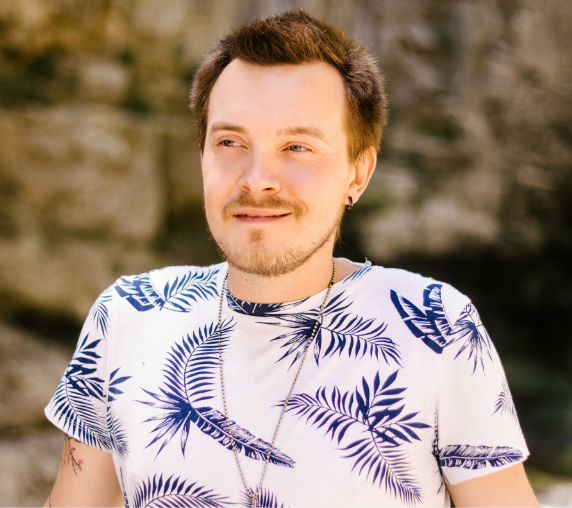
So I ride public transport with all my earrings, pink socks and feminine voice. I want to show people we are here and we have the right to exist
Trans people in Eastern Europe and Central Asia (EECA) already experience high levels of stigma and discrimination, stemming partly from the lack of legal recognition for their gender. This makes them more vulnerable and places them on the periphery of society. It also means they are less likely to access health services and seek treatment, which puts them at greater risk of contracting HIV.
The UNAIDS Country Progress report on Georgia, published in 2018, says that at least 6,471 cases of HIV have been identified since 1989, when the country’s first case was reported. Yet, more than half (52%) of people living with HIV in Georgia are not aware of their positive status, so the actual numbers are likely to be much higher.
UNAIDS has set a target date of 2030 for ending HIV as a public health threat. Georgia is one of the EECA countries that hopes to help provide access to HIV treatment to achieve this aim.
According to UNAIDS, nearly 100 people die from AIDS-related illnesses each day in EECA.
Tony, who worked for an organisation advocating for trans issues in Georgia, is concerned by the two conflicting attitudes towards HIV. “Half of the wider population says: ‘Oh, AIDS, HIV, yuck! We shouldn’t be near such people, we shouldn’t breathe the same air as them,’ as though they are talking about the apocalypse. On the other hand, the rest are complacent and think we can take an antibiotic and everything will be fine.” Seeing a need to address these attitudes, Tony’s organisation sought support from RADIAN, a partnership between the Elton John AIDS Foundation and Gilead Sciences.
The organisation, Temida, was instrumental in developing the Trans* Map initiative, a project supported by RADIAN. Trans* Map is an international, multi-partner project that works to the remove barriers trans people face when accessing medical services and care. (The asterisk at the end of trans expands the term to include a range of communities and individuals with nonconforming gender identities.)
The organisation is also involved in HIV care and prevention, advocacy for the trans community, and sexual and reproductive health. Tony says that recent years have brought new challenges for the trans community, which already faced severe stigma, discrimination and inequity.
“COVID-19 has made things very difficult. Trans people and men who have sex with men were mainly working in blue-collar jobs, but the pandemic greatly reduced the need for these jobs and many of our beneficiaries have struggled as a result.”
On top of that, he says, many trans women are sex workers, which can put them in difficult and dangerous situations. “In order to cope, many consume alcohol or drugs. These stress factors, as well as wider transphobia, can jeopardise people’s sexual health, or may lead to poor treatment adherence if they already have HIV. They may be less likely to attend AIDS centres for tests and to receive medication,” says Tony.
Many years have passed since I left school, but the situation has not changed much
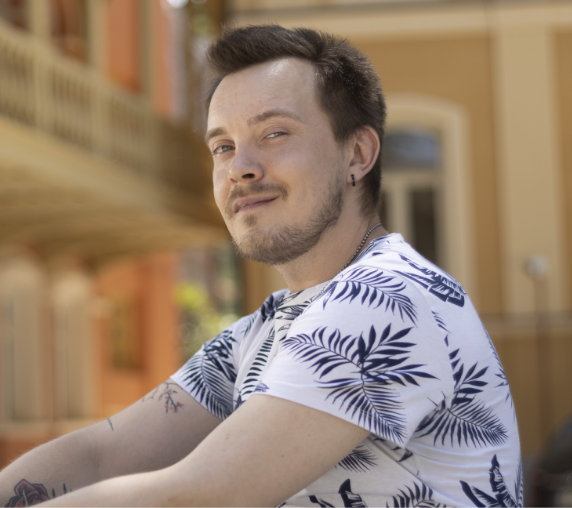
The lack of awareness and reluctance to discuss difficult subjects such as HIV often starts at school, according to Tony. “Many years have passed since I left school, but the situation has not changed much. It has only changed in the sense that more HIV-service organisations and initiative groups have appeared that disseminate information.”
Even though HIV is still such a taboo subject in Georgia, every now and then, Tony is pleasantly surprised by the progress that has been made. When a friend recently shared his HIV-positive status with him, they automatically went into social worker mode. “I advised him that everything would be fine, that with the right support it is a manageable condition,” says Tony. “But he just replied: ‘Why are you explaining this to me? I know this already, and I was prepared to find out I have HIV.’ So in these moments, there isn’t always the drama you might expect.”
Taking a person’s hand during appointments to get pre-exposure prophylaxis (PrEP) or post-exposure prophylaxis (PEP) – the medication taken by at-risk people to prevent getting HIV – has given Tony a chance to support patients through the emotional day-to-day struggles.
“When a person says thank you and tells me, for example, that they are happy to have tested negative because I helped them access PEP, I am so glad. I just love people and I want them to be OK,” says Tony.
This article was originally published on theguardian.com as part of the RADIAN and Guardian Labs Changemakers campaign
Read More
-
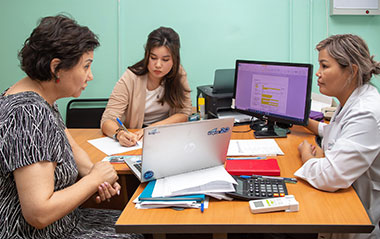
Changemakers
Courage at the Core
Announcing our first RADIAN 2.0 grant recipients: innovators addressing structural barriers to HIV care, promoting equity and scaling proven solutions from RADIAN’s first five years.
NEWS at RADIAN - February 2025
-
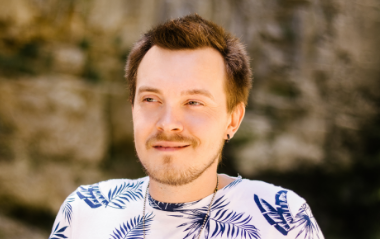
Changemakers
Ending the AIDS epidemic
Reduce discrimination and remove the barriers vulnerable populations face when accessing healthcare in one of the few regions in the world where infections continue to rise.
NEWS at RADIAN - November 2021
-
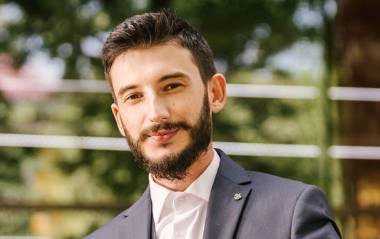
Changemakers
Peer-led activism
Stigma around HIV is still rife, but new programmes are helping people become more aware and speak openly about living with the virus.
NEWS at RADIAN - November 2021


